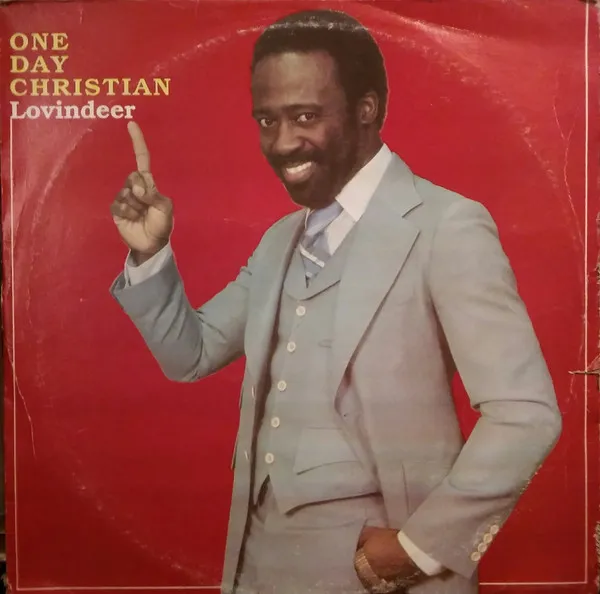Pocomania
Pocomania music is a genre of music that originated in Jamaica in the 19th century. It is a blend of African rhythms, Christian beliefs, and traditional Jamaican folk music. The word “pocomania” means “madness” or “frenzy” in Spanish, and this term was used to describe the intense religious fervor that was associated with the music.
Creating or producing a pocomania song involves a deep understanding of the culture and history behind the genre. The instrumentation usually involves percussion instruments such as drums, shakers, and bells, as well as stringed instruments like guitars and banjos. The lyrics are often sung in a call-and-response style, with the lead singer improvising over a repetitive chorus.
Pocomania music was created in Jamaica in the late 19th century, during a time when the country was experiencing significant social and political upheaval. It was a way for people to express their religious beliefs and cultural identity in a time of great change.
Pocomania music was traditionally performed in outdoor spaces, such as open fields or abandoned buildings. It was associated with the Afro-Jamaican religion of Revivalism, which blended African spiritual traditions with Christianity.
The origins of pocomania music are unclear, but it is believed to have been created by enslaved Africans who were brought to Jamaica from West Africa. Over time, it evolved into a distinct genre that reflected the unique cultural and social history of Jamaica.
Some of the most notable pocomania musicians and producers include Count Ossie, Cedric “Im” Brooks, and Ras Michael. These artists helped to popularize the genre and bring it to a wider international audience.
The impact of pocomania music has been felt globally, particularly in the world of reggae music. Many reggae artists have been influenced by the rhythms and traditions of pocomania music, and have incorporated these elements into their own music.
One of the most popular pocomania songs is “Nobody’s Business” by Count Ossie and the Mystic Revelation of Rastafari. This song features a hypnotic rhythm and powerful vocals, and has become a classic of the genre.
Pocomania music has also influenced other music genres, such as ska and dancehall. Its unique rhythms and instrumentation continue to inspire musicians around the world, making it an important part of Jamaica’s cultural heritage.
Pocomania music is a traditional religious music style that originated in Jamaica. It is a blend of African and Christian religious elements, with a focus on drumming, chanting, and dancing. Pocomania is derived from the word “Pukkumina,” which means to “jump up and pick” in the Twi language of Ghana. The music is characterized by its energetic rhythms and lively beats, which are used to stimulate the spirit and induce possession.
To create or produce a pocomania song, one must have an understanding of the traditional rhythms and beats that form the foundation of the music. The use of traditional instruments such as the tambourine, hand drum, and bass drum are essential to creating the distinct sound of pocomania. The lyrics are typically religious in nature, with a focus on praising God and calling on the spirits for guidance and protection.
The origins of pocomania music can be traced back to the late 19th century when African slaves brought their traditional religious practices to Jamaica. The music was used as a means of resistance and rebellion against the oppressive colonial powers. Pocomania was often associated with “Jamaican Revivalism,” a religious movement that blended elements of Christianity and African spirituality.
Pocomania music can be found throughout Jamaica, but it is most commonly associated with the rural parishes of St. Catherine and Clarendon. The music is typically performed in open-air spaces, such as church yards or community centers.
The origins of pocomania music are difficult to trace, as it was not created by a particular individual or group. Rather, it evolved over time through the blending of African spiritual practices and Christian religious traditions.
Some notable pocomania musicians and producers include Count Ossie, Cedric Brooks, and Ras Michael. These individuals were instrumental in popularizing the music and introducing it to wider audiences around the world.
The impact of pocomania music has been felt globally, with its distinct rhythms and beats influencing various genres of music, including reggae, ska, and dancehall. The music has also played a significant role in the development of Jamaican culture and identity, with many seeing it as a symbol of resistance and cultural pride.
One of the most popular pocomania songs is “Oh Carolina,” which was recorded by the Folkes Brothers in the 1960s. The song has since been covered by various artists, including Shaggy and the Specials.
In addition to influencing other genres of music, pocomania has also inspired various forms of art, dance, and literature. Its impact on Jamaican culture and identity cannot be overstated, making it an essential part of the country’s rich cultural heritage.

